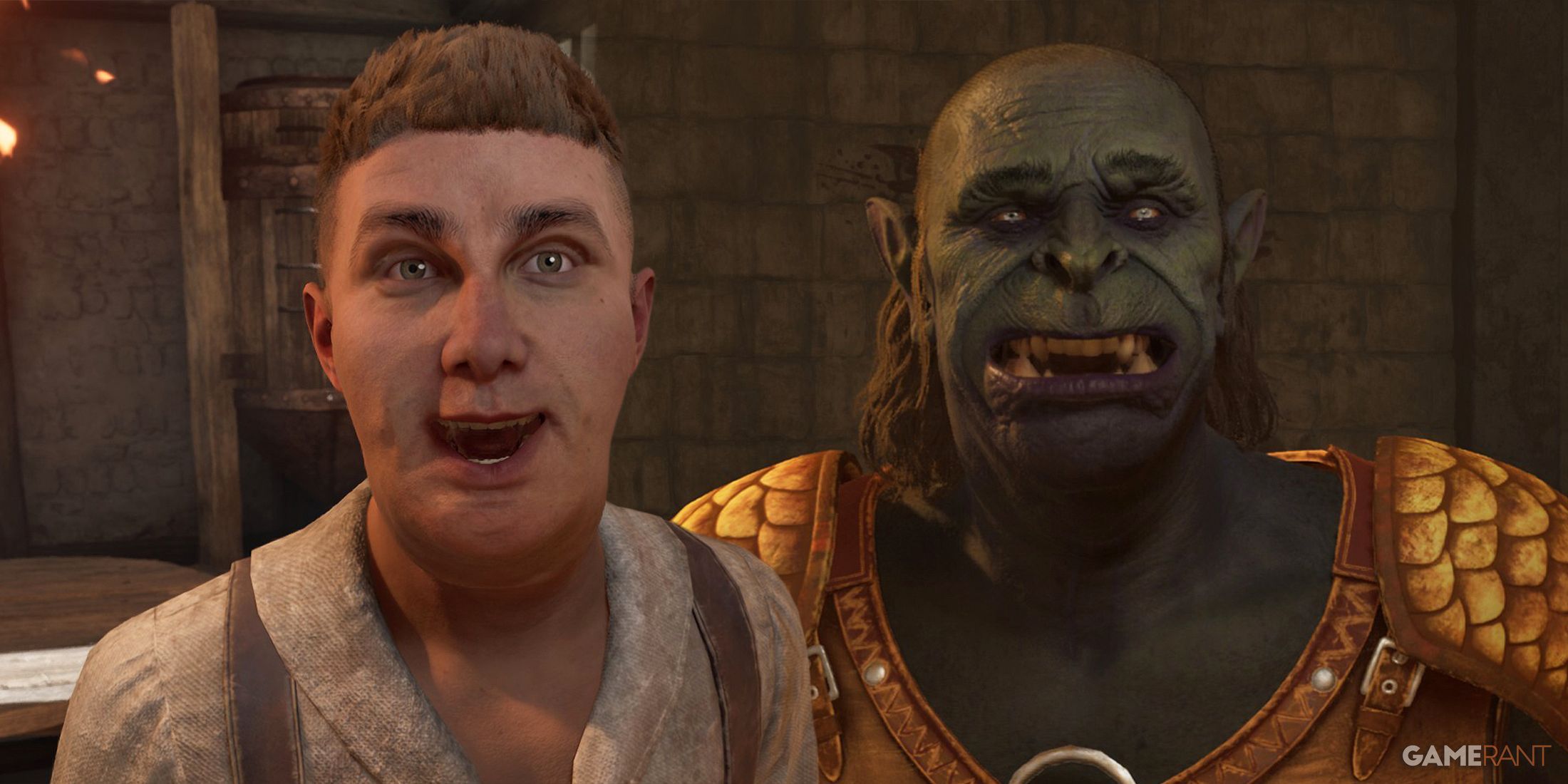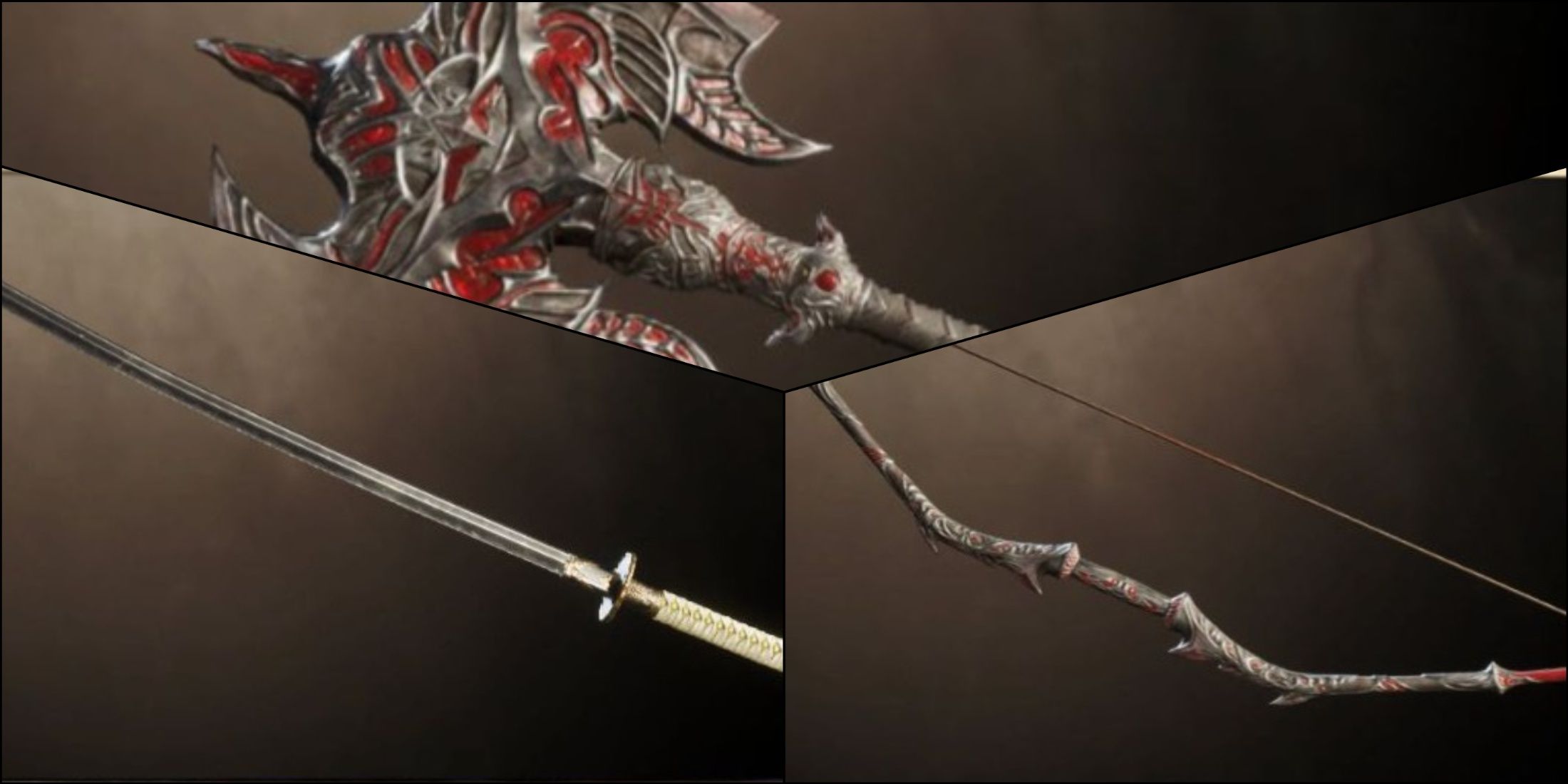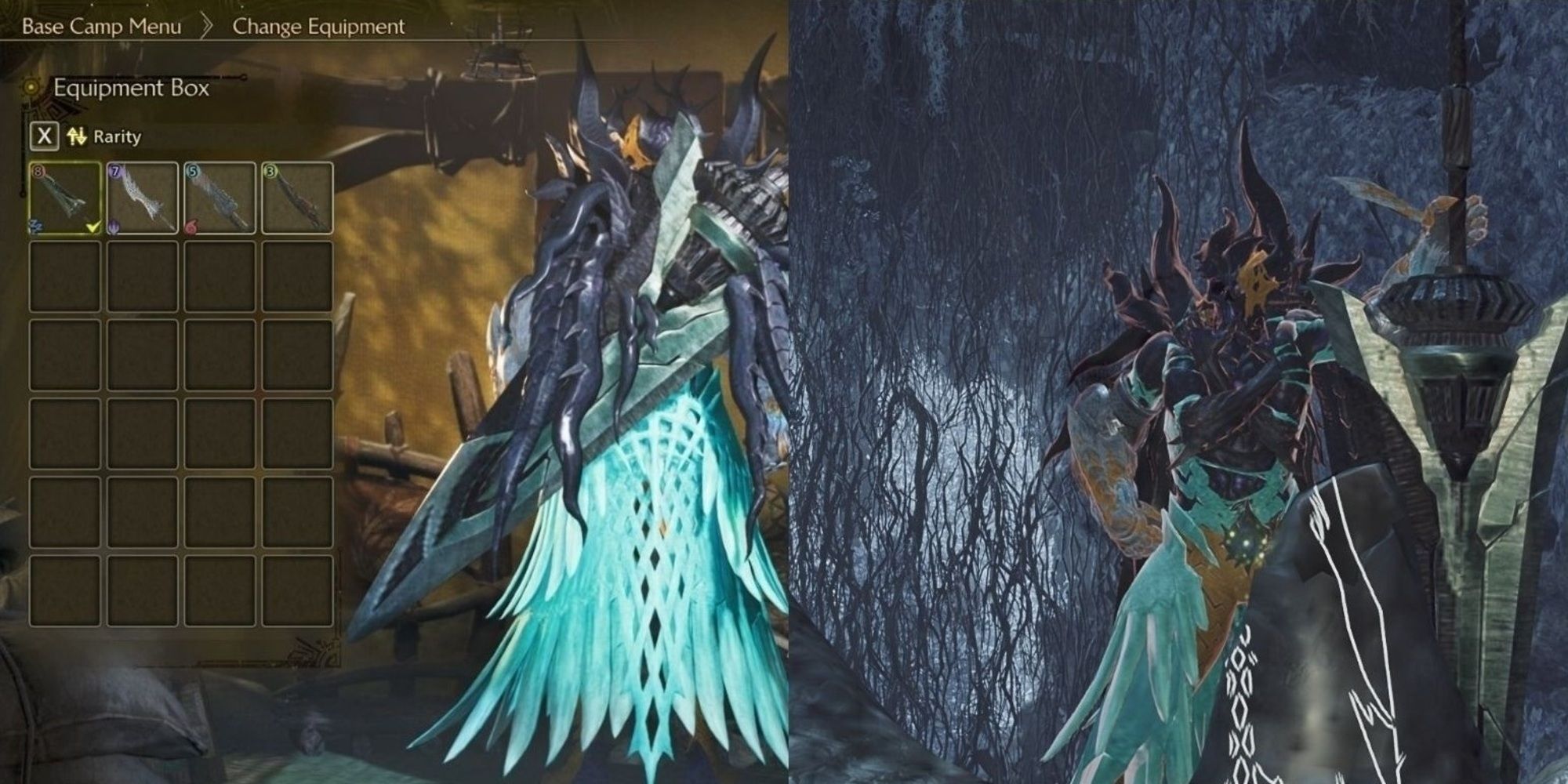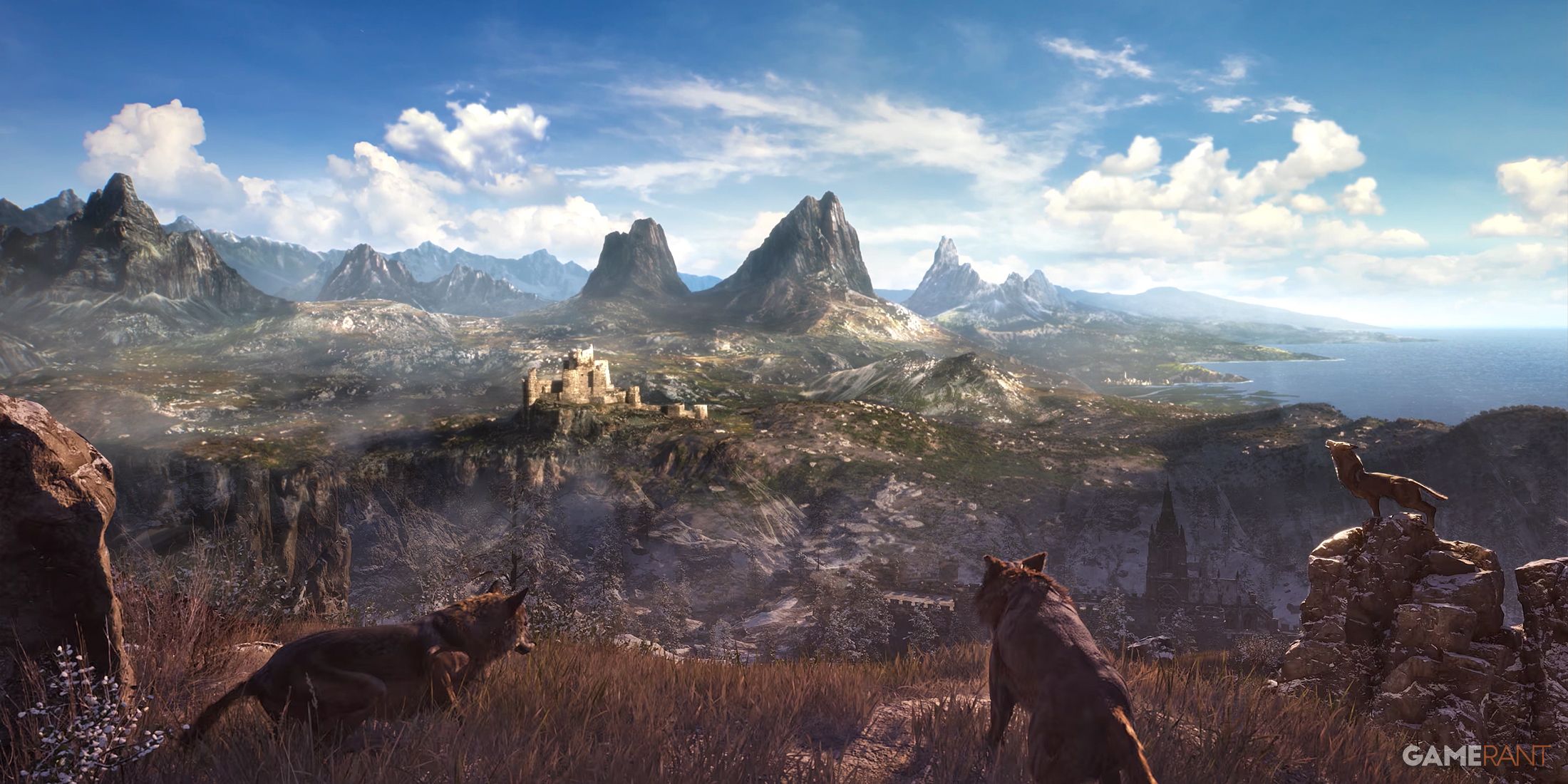Oblivion Remastered: Where RPG Weirdness Lives On

One notable feature that stands out in “The Elder Scrolls 4: Oblivion Remastered” when comparing it to contemporary RPGs is its unprecedented level of player freedom, allowing individuals to customize their characters extensively across various aspects. While modern RPGs often prioritize and offer some degree of personalization, they typically steer players towards specialization and efficiency rather than the unrestricted freedom that games like “Oblivion” once provided. By removing most limitations on player actions, “Oblivion Remastered” brings back the spirit of those days when gamers enjoyed a high level of autonomy in shaping their gaming experience.



